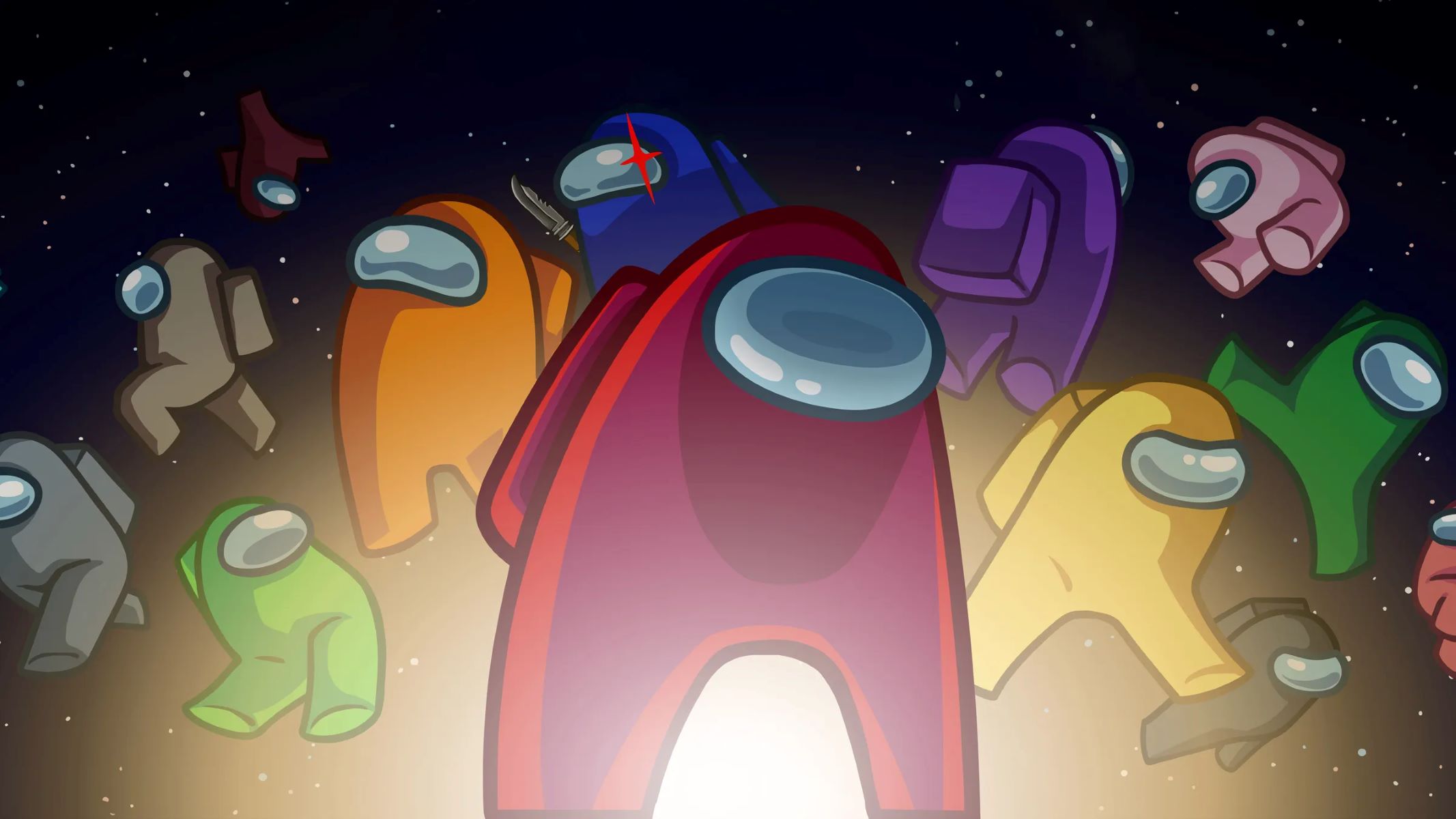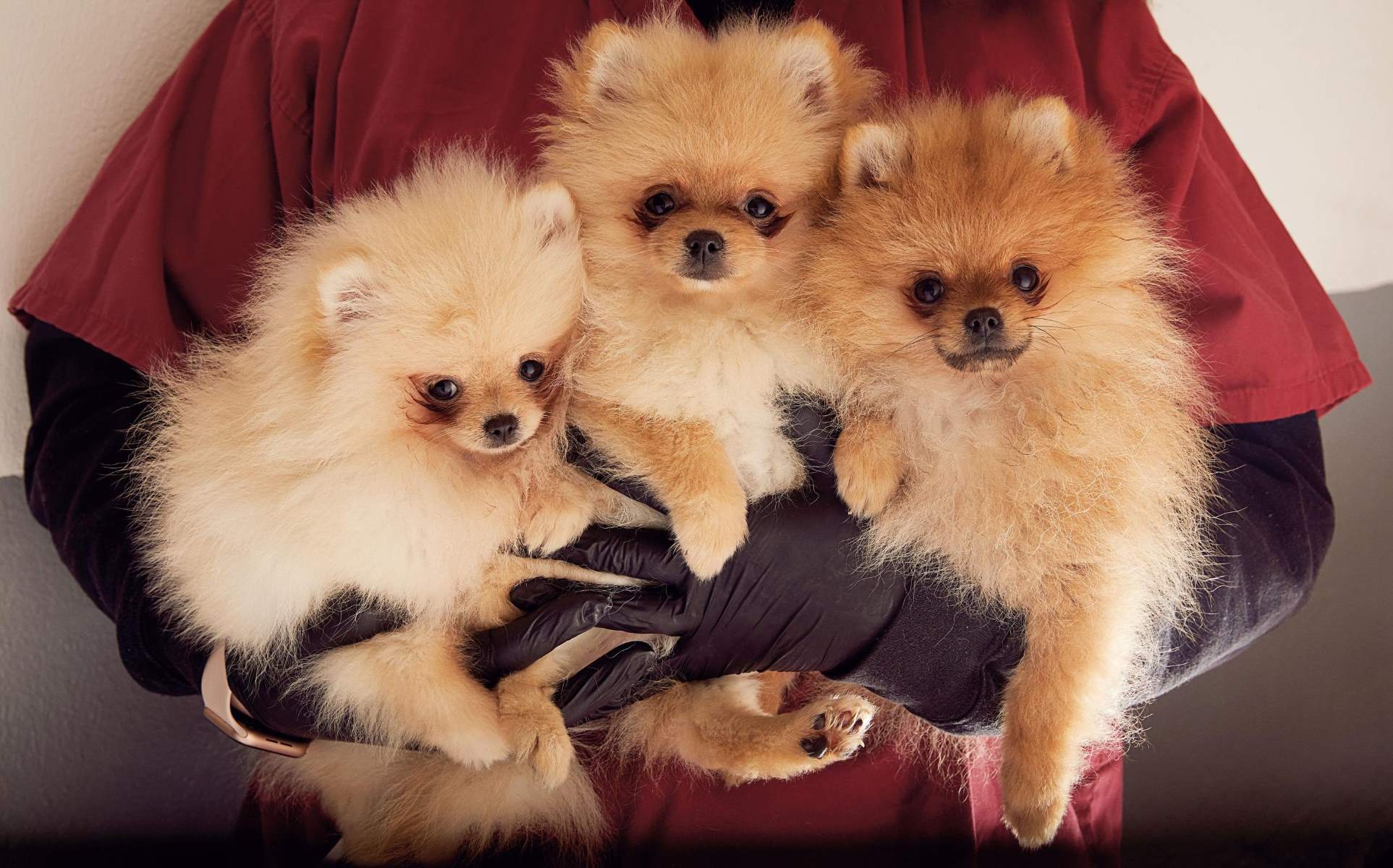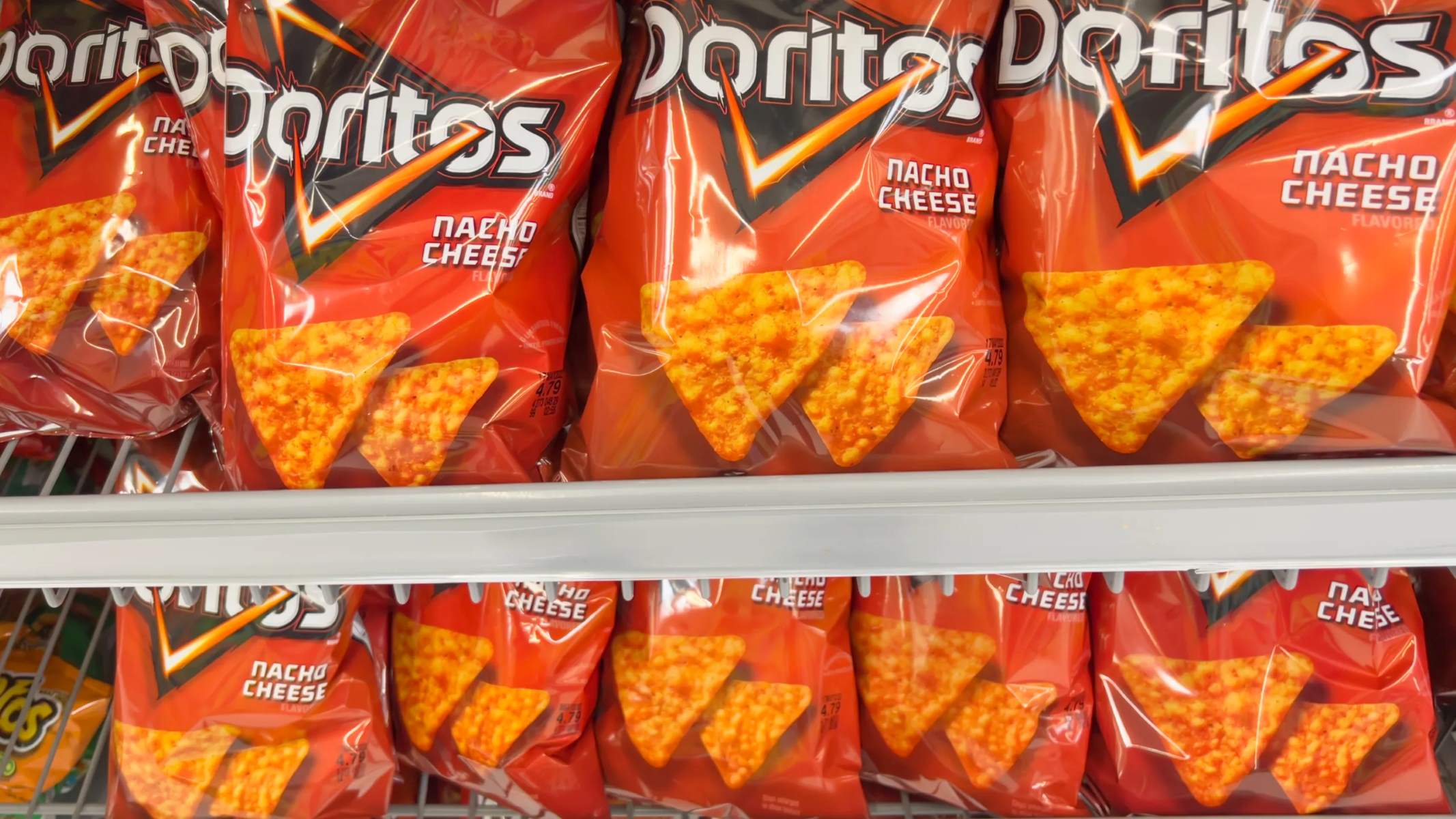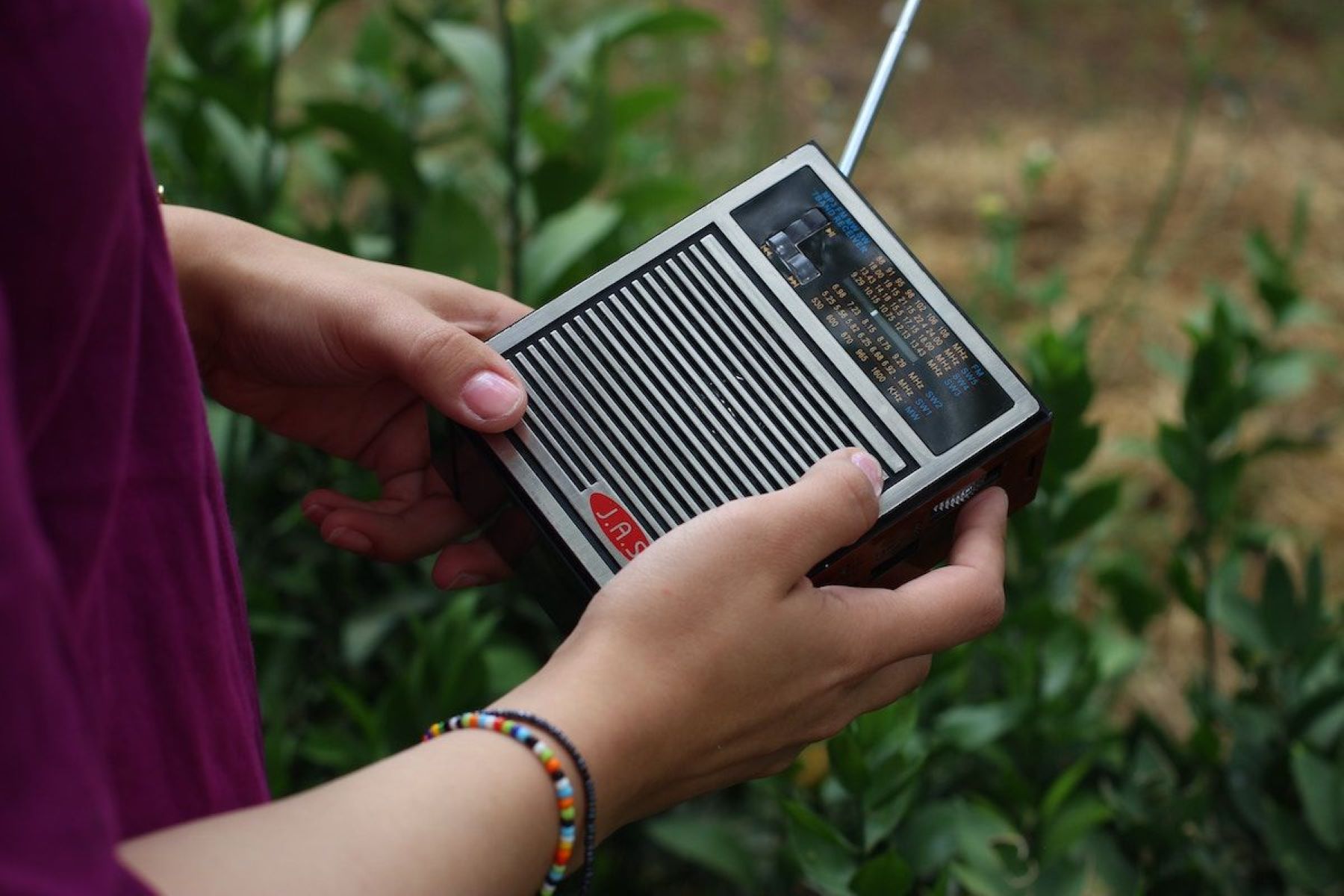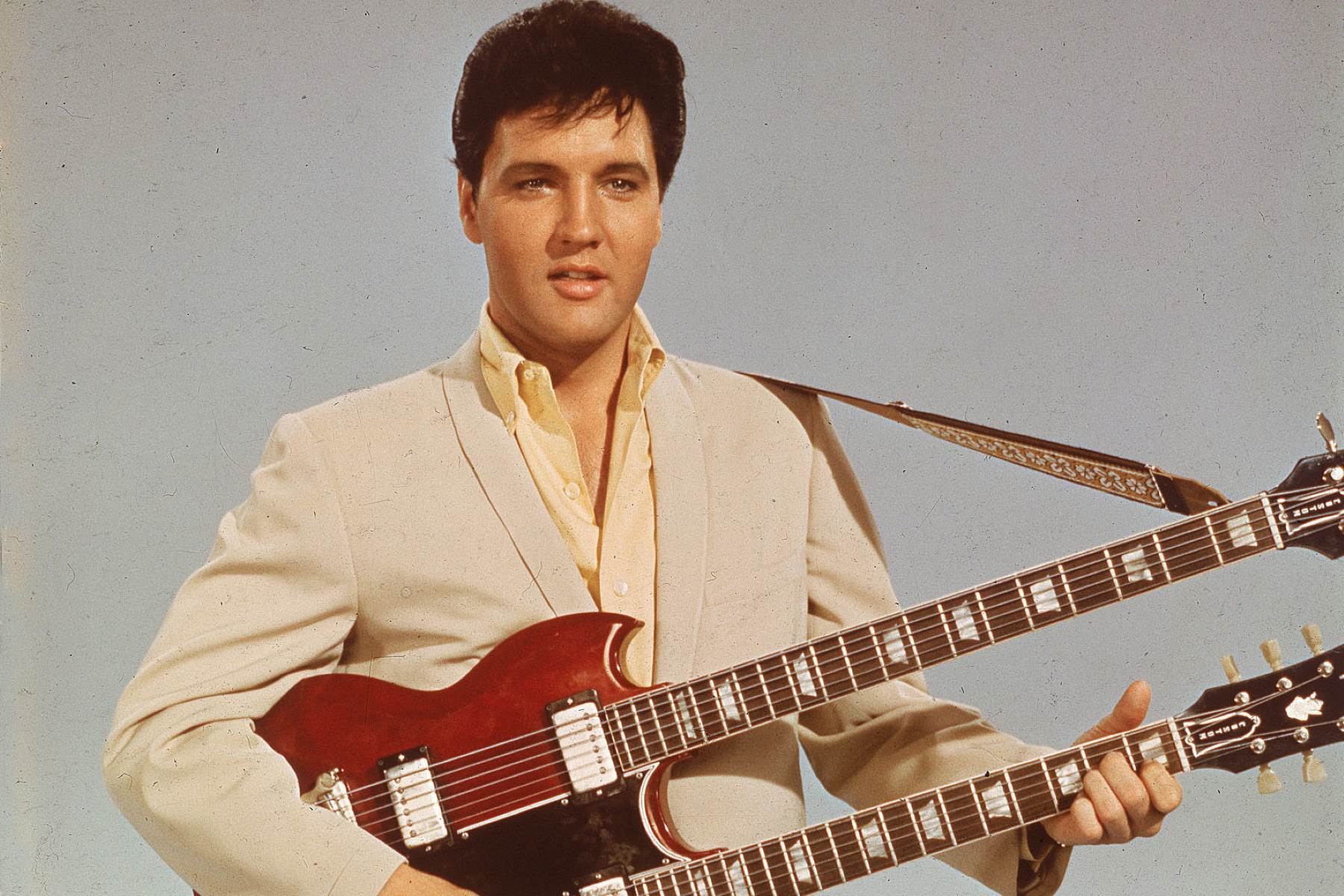Home>Language and Grammar>The Shocking Truth About “Hella” In The US


Language and Grammar
The Shocking Truth About “Hella” In The US
Published: January 27, 2024
Uncover the surprising usage and impact of "hella" in American language and grammar. Explore the shocking truth behind this linguistic phenomenon. Discover more about language and grammar in the US.
(Many of the links in this article redirect to a specific reviewed product. Your purchase of these products through affiliate links helps to generate commission for Regretless.com, at no extra cost. Learn more)
Table of Contents
Introduction
"Hella" is a word that has sparked curiosity, controversy, and intrigue across the United States. Its usage has evolved beyond its traditional roots, permeating various aspects of American culture. From casual conversations to pop culture references, "hella" has carved a unique niche in the linguistic landscape, leaving many intrigued by its origins and widespread adoption.
The term "hella" has transcended its humble beginnings, evolving into a colloquial expression that carries diverse connotations depending on the context and regional dialects. Its journey from a regional slang term to a widely recognized expression has been both fascinating and polarizing, igniting debates about its legitimacy and appropriateness.
As we delve into the multifaceted world of "hella," we will unravel its intriguing history, explore its regional nuances, delve into its presence in pop culture, and examine the controversies that have surrounded its usage. By shedding light on the surprising truth about "hella," we aim to provide a comprehensive understanding of this enigmatic word and its impact on the American linguistic tapestry.
The Origin of "Hella"
The origin of the word "hella" can be traced back to the San Francisco Bay Area, where it first emerged as a slang term in the 1970s. Initially, "hella" was primarily used as an intensifier, similar to "very" or "a lot." Its earliest known usage can be attributed to the Northern California region, particularly among the youth subculture.
The etymology of "hella" is believed to have stemmed from the contraction of "hell of a," reflecting the distinctive linguistic creativity prevalent in the Bay Area. This innovative linguistic adaptation gradually gained traction within local communities, eventually permeating into broader usage across California and beyond.
The term "hella" quickly became ingrained in the vernacular of Northern Californians, reflecting the region's unique linguistic evolution. Its widespread adoption within the local youth culture contributed to its emergence as a defining element of the Bay Area's dialect, distinguishing it from other regional variations across the United States.
As "hella" continued to gain momentum, it transcended its geographical origins, spreading across the West Coast and eventually making its mark in popular culture. The word's journey from a localized slang term to a widely recognized expression exemplifies the dynamic nature of language and its ability to transcend geographical boundaries.
The organic evolution of "hella" underscores the intrinsic connection between language and cultural identity, showcasing how regional dialects can influence and shape linguistic innovations. This phenomenon highlights the rich tapestry of American English, characterized by a diverse array of regional expressions that contribute to the nation's linguistic mosaic.
In essence, the origin of "hella" serves as a testament to the dynamic nature of language, illustrating how a localized slang term can permeate regional boundaries and establish itself as a distinctive element of American vernacular. This evolution underscores the fluidity and adaptability of language, reflecting the intricate interplay between culture, geography, and linguistic innovation.
Regional Usage of "Hella"
The widespread adoption of "hella" extends beyond its origins in the San Francisco Bay Area, permeating diverse regional dialects across the United States. While the term initially gained prominence in Northern California, its influence gradually expanded, leading to distinct variations in its usage based on geographical nuances.
In Northern California, particularly in the Bay Area, "hella" remains deeply ingrained in the local vernacular, serving as a ubiquitous element of everyday speech. Its usage transcends age groups and social strata, permeating casual conversations, youth subcultures, and professional settings. The term is employed as an intensifier, amplifying the emphasis on the magnitude or extent of a concept or experience. For example, one might exclaim, "That concert was hella amazing!" to convey a profound sense of enthusiasm and awe.
As "hella" traversed geographical boundaries, its adoption and adaptation in various regions led to nuanced alterations in its usage. In Southern California, the term "hella" coexists with the synonymous expression "hecka," reflecting the region's distinct linguistic divergence. This divergence underscores the intricate regional variations that contribute to the rich tapestry of American English, showcasing the dynamic evolution of language within localized contexts.
Beyond California, "hella" has made notable inroads into the Pacific Northwest, particularly in Oregon and Washington. In these regions, the term has been embraced as a quintessential component of the local lexicon, reflecting the cultural exchange and linguistic diffusion that characterize regional dialects. Its integration into everyday discourse underscores the enduring impact of regional expressions on the broader spectrum of American English.
Moreover, the usage of "hella" has extended its reach to regions outside the West Coast, with sporadic instances of adoption in other parts of the United States. While not as prevalent as in its city of origin, the term has left subtle imprints on the linguistic landscapes of various states, illustrating the far-reaching influence of regional expressions in shaping linguistic diversity.
The regional usage of "hella" exemplifies the dynamic interplay between language and geography, showcasing how localized expressions can transcend regional boundaries and establish themselves as integral components of diverse dialects. This phenomenon underscores the intricate tapestry of American English, characterized by a rich mosaic of regional nuances that contribute to the nation's linguistic identity.
Pop Culture and "Hella"
The pervasive influence of "hella" extends beyond casual conversations and regional dialects, permeating the realm of pop culture with remarkable resonance. This colloquial expression has transcended its origins in Northern California, making notable appearances in music, television, and literature, thereby solidifying its status as a cultural phenomenon.
In the realm of music, "hella" has been embraced by artists across diverse genres, incorporating it into song lyrics and titles. Its usage in music reflects its resonance among artists seeking to infuse their work with authentic linguistic elements that resonate with audiences. From hip-hop to indie rock, the term "hella" has become a lyrical mainstay, underscoring its integration into the fabric of contemporary music culture.
Television and film have also served as platforms for the widespread dissemination of "hella." Scriptwriters and characters alike have seamlessly integrated the term into dialogue, portraying its usage as a natural reflection of colloquial speech. This integration has contributed to the normalization of "hella" within mainstream media, further cementing its position as a recognized element of everyday language.
Literature and online discourse have similarly embraced "hella," with authors and internet users incorporating the term into written content. Its presence in literary works and digital communication platforms underscores its enduring relevance, reflecting its ability to encapsulate nuanced expressions of emphasis and intensity.
Moreover, the digital age has propelled "hella" into the virtual sphere, where it has become entrenched in social media, memes, and online vernacular. Its ubiquity in digital communication channels underscores its adaptability to evolving linguistic landscapes, reflecting its capacity to resonate with contemporary modes of expression.
The integration of "hella" into pop culture underscores its enduring appeal and widespread recognition, positioning it as a linguistic fixture that transcends geographical boundaries. Its resonance in music, television, literature, and digital platforms exemplifies its capacity to permeate diverse facets of popular culture, reflecting its seamless integration into the collective consciousness of contemporary society.
The entrenchment of "hella" in pop culture serves as a testament to its enduring impact on the American linguistic landscape, underscoring its evolution from a regional slang term to a cultural touchstone with far-reaching implications. As "hella" continues to proliferate across various cultural domains, its indelible imprint on pop culture solidifies its status as a linguistic phenomenon that resonates with audiences across diverse demographic and cultural spectrums.
Controversy Surrounding "Hella"
The widespread adoption and integration of "hella" into the American vernacular have not been devoid of controversy. The term's emergence as a prominent colloquial expression has sparked debates and discussions regarding its appropriateness, linguistic legitimacy, and cultural implications.
One of the primary points of contention surrounding "hella" revolves around its perceived informality and nonstandard usage. Critics argue that the term's inclusion in everyday discourse deviates from conventional linguistic norms, potentially diluting the formal integrity of the English language. This perspective underscores the tension between linguistic traditionalism and the organic evolution of language, reflecting broader debates about the incorporation of colloquial expressions into formal communication.
Furthermore, the regional specificity of "hella" has led to debates about its universal applicability across diverse linguistic contexts. While the term enjoys widespread recognition in certain regions, its adoption in other parts of the United States has been met with skepticism and resistance. This disparity in acceptance underscores the nuanced dynamics of regional expressions and their reception in broader linguistic landscapes.
Additionally, the perceived overuse or misuse of "hella" has been a point of contention, with critics expressing concerns about its potential saturation in everyday speech. Some argue that its frequent usage may lead to semantic dilution, diminishing the impact of the term as an intensifier. This debate reflects broader discussions about the preservation of linguistic precision and the potential consequences of over-reliance on colloquial expressions.
Moreover, the age and demographic associations of "hella" have contributed to debates about its cultural resonance and inclusivity. Critics contend that the term's prevalence among specific demographic groups may inadvertently perpetuate linguistic exclusivity, potentially alienating individuals who do not identify with its origins or cultural connotations. This perspective underscores the complex interplay between language, identity, and inclusivity within the broader sociolinguistic landscape.
The controversy surrounding "hella" reflects the intricate interplay between linguistic innovation, cultural resonance, and societal norms. As the term continues to navigate the complexities of its widespread adoption, the debates and discussions surrounding its usage serve as a testament to the multifaceted nature of language and its enduring capacity to evoke diverse perspectives and interpretations.
The controversy surrounding "hella" reflects the intricate interplay between linguistic innovation, cultural resonance, and societal norms. As the term continues to navigate the complexities of its widespread adoption, the debates and discussions surrounding its usage serve as a testament to the multifaceted nature of language and its enduring capacity to evoke diverse perspectives and interpretations.
Conclusion
In conclusion, the enigmatic journey of "hella" encapsulates the dynamic evolution of language within the American cultural tapestry. From its humble origins in the San Francisco Bay Area to its widespread integration into regional dialects and pop culture, "hella" has transcended its linguistic roots to become a ubiquitous and polarizing colloquial expression. The term's journey from a localized slang term to a cultural touchstone underscores the intricate interplay between language, regional identity, and societal resonance.
The origin of "hella" in the San Francisco Bay Area serves as a testament to the organic nature of linguistic innovation, reflecting the region's unique linguistic creativity and cultural influence. Its emergence as an intensifier within local youth subcultures laid the foundation for its enduring presence in the vernacular, showcasing the profound impact of regional expressions on the broader landscape of American English.
The regional usage of "hella" highlights the diverse linguistic nuances that characterize regional dialects across the United States. From Northern California to the Pacific Northwest, the term has woven itself into the fabric of local speech, reflecting the intricate interplay between geography, culture, and language. Its integration into diverse regional dialects underscores the rich mosaic of American English, showcasing the enduring influence of localized expressions on the nation's linguistic identity.
Furthermore, the entrenchment of "hella" in pop culture underscores its remarkable resonance across diverse cultural domains. Its integration into music, television, literature, and digital platforms reflects its enduring appeal and widespread recognition, positioning it as a linguistic fixture that transcends geographical boundaries. As "hella" continues to proliferate across various cultural domains, its indelible imprint on pop culture solidifies its status as a linguistic phenomenon with far-reaching implications.
Despite the controversy surrounding its usage, "hella" exemplifies the dynamic interplay between linguistic innovation, cultural resonance, and societal norms. The debates and discussions surrounding its appropriateness and cultural implications underscore the multifaceted nature of language and its enduring capacity to evoke diverse perspectives and interpretations.
In essence, the shocking truth about "hella" lies in its remarkable journey from a regional slang term to a cultural phenomenon that transcends geographical boundaries. Its evolution reflects the dynamic nature of language and its intrinsic connection to cultural identity, underscoring the enduring impact of regional expressions on the rich tapestry of American English.
